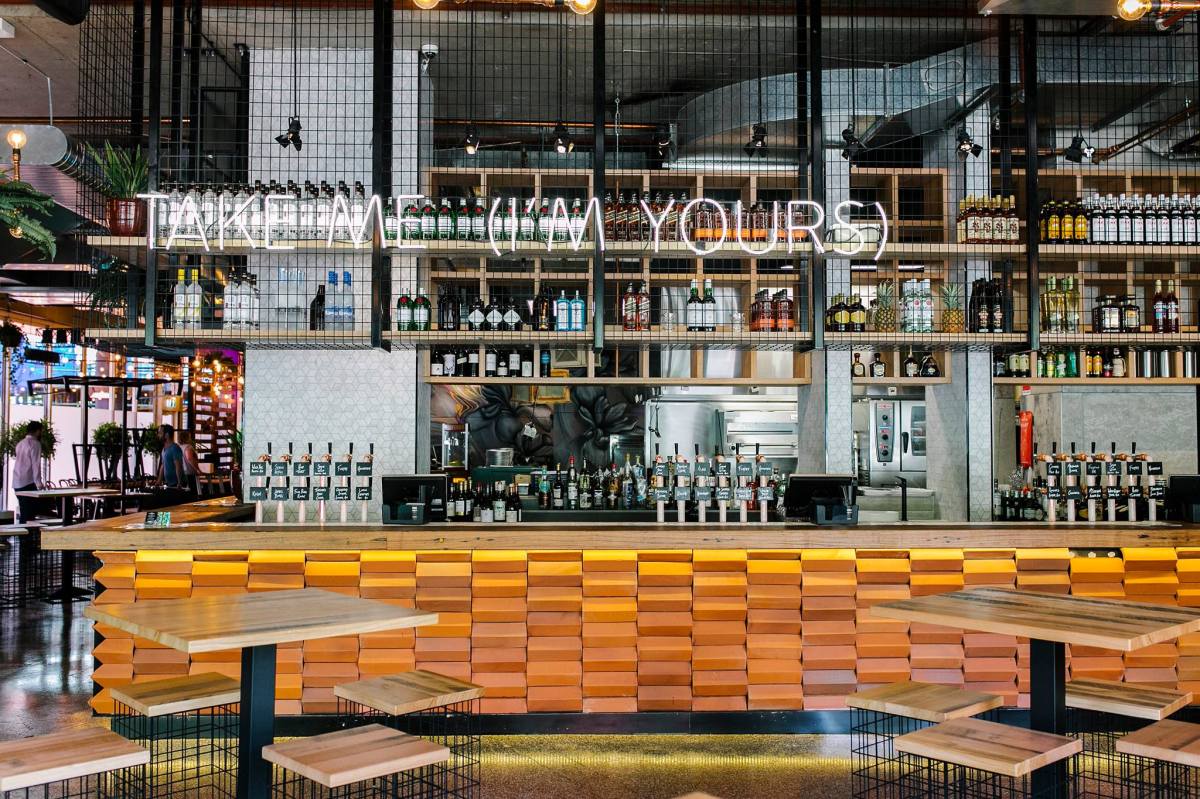Paul Waterson reveals property and investment strategy
Australian Venue Co has had an extremely acquisitive couple of years, both in its first iteration as Dixon Hospitality, and in the last six months since the rebrand and funding boost from private equity firm KKR – who bought a majority stake in the business for $190 million. Paul Waterson discusses what makes a venue attractive to the business, and what its long-term goals are.
Q: Are there more acquistions on the horizon for Australian Venue Co or are you looking to consolidate now?
We’ve got a 2-3 year horizon where we’re looking to acquire more venues. That will lead to an eventual exit of the business by KKR, because being a private equity firm they will look to realise their investment at some point, whether that’s from an IPO point of view or a trade sale. So we’re very well capitalised and supported by them to do more acquisitions. And we’re doing them pretty much in all markets at this point. We don’t have any presence in Tasmania or South Australia, but other than that we are looking to grow pretty aggressively.
Q: Are they areas that you will be looking at?
We’d consider them, but in terms of the criteria that we’re looking for, we really want to acquire venues that are doing a minimum of $70,000-80,000 turnover per week. In Tasmania in particular that’s pretty hard to find venues of scale in that market. And South Australia we’ve found, to be honest, to be a bit expensive compared to some of the other markets.
Q: Do you have a preference for leasehold or freehold?
Only leaseholds. We don’t own any of the freeholds but as we find a good freehold opportunity, we’ve got a number of great partners who will look to buy the freehold and then put us in as the leasehold operator. We do that because it’s a bit more of a capital-light model, so it enables us to grow at scale in a less capital-intensive manner.
Q: The group owns and operates a wide variety of venues across the country – what are the commonalities between them?
Yes, they are all very different. I think that’s what we want to maintain with our offerings. So they’ve got to be unique to what that local community wants in which they operate. So that’s why we maintain all different offerings, multiple brands and multiple types of venues. And all we’re trying to overlay is some of those back-office systems – so things like finance systems, the procurement system and the general operating system – whereas the marketing offering, the food and beverage offering really needs to be bespoke to what each of the markets in which the venue is operating requires.
So we really get the venue managers to drive those unique offerings, and we’ll continue to do that. The exception is obviously the Beer Deluxe brand. We’ve got the five of them across the portfolio now, and we may look to roll out more Beer Deluxes over time. That would be the only branded offering that we would do.
Read the full article in the Australian Hotelier digital edition

